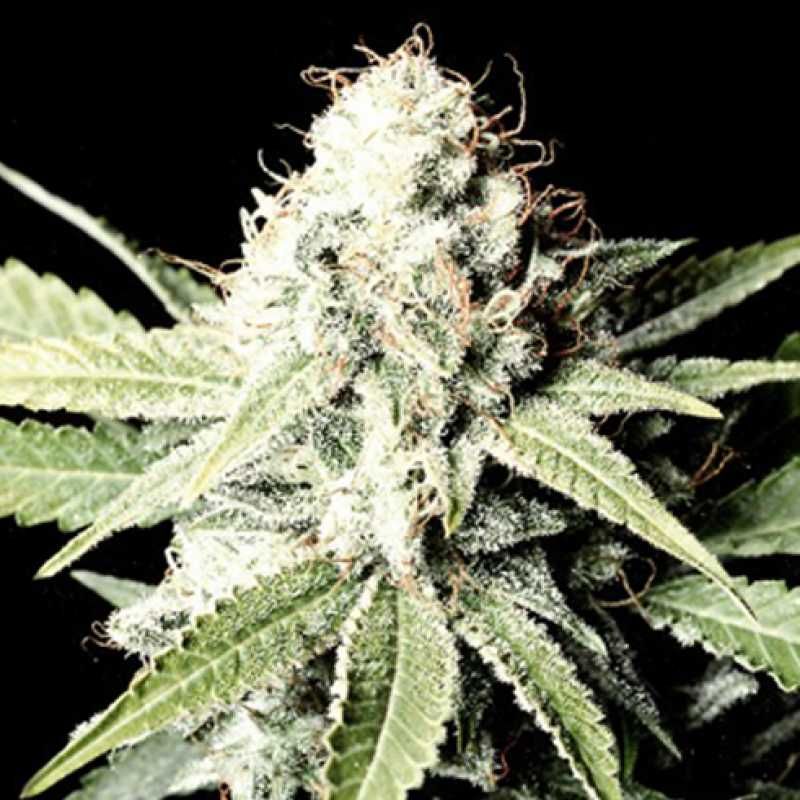Using delta 8 for weight loss has some benefits. Cannabinoids are known for their ability to improve gut health and reduce inflammation. They can also speed up the metabolism and relieve residual pain from exercise. However, there are some disadvantages to using delta 8. Read on to learn more.
Cannabinoids Help Relieve Residual Pain After Exercise
Unlike delta-9 THC, delta-8 THC is not considered as powerful as delta-9. However, it may help with pain and may even help you get rid of seizures. If you are interested in using delta-8 THC, you should check with your healthcare provider. The FDA has not evaluated delta-8 THC products.
Delta-8 THC has been banned in 14 states. It is also classified as a Schedule 1 controlled substance. In addition to its risks, the chemical is known to have therapeutic benefits for pain, but not euphoria. It may also work with other drugs to provide relief.

Bongs
Bongs you say? i’m sure i’ve got something here for you. We have many bubblers, oil rigs & dab rigs, some really nice glass, percolators everywhere!
Delta-8 has been studied in the lab, but little is known about its effects on humans. One study examined the effects of delta-8 on tumors. Another study found that delta-8 helps with swelling after injury. Other studies have looked into its effects on the brain.
Delta-8 THC may be useful for pain relief, but there is not enough evidence to say that it is effective for weight loss. Delta-8 is less potent than delta-9, and some users report feeling less anxious after using it. It may also help reduce stress and help you get to sleep.
Delta-8 THC has also been used to treat nausea in chemotherapy patients. It is also known to have anti-nausea effects, and it may also have therapeutic effects for chronic pain. In addition to delta-8, the marijuana plant contains delta-9 THC, which produces an intoxicating high.
Research into the endocannabinoid system may be relevant to delta-8 THC, because it is believed that the two may synergize with each other. However, further studies are needed to understand how endocannabinoids react to exercise. The endocannabinoid system is also present in the skin and lungs. Activation of the endocannabinoid systems alters cognitive processes and behavior, and may be related to changes in mental status.
Cannabinoids Reduce Inflammation And Improve Gut Health
Historically, people have recommended cannabis for a variety of ailments. It has been shown to be effective in treating neuropathic pain, epilepsy, and cancer. It also can help excrete small kidney stones.
It has also been shown to reduce inflammation in the gut. Cannabis can also stimulate the immune system, which in turn can help protect the central nervous system from pathogenic molecules. It has also been shown to regulate the gut microbiome, which may contribute to a healthy endocannabinoid system.
The endocannabinoid system is a complex system that regulates several physiological processes. It is located in the gastrointestinal tract, the spinal cord, the lungs, and other parts of the body. It is not fully understood how the system works. It is believed to influence several physiological processes, including pain, appetite, sleep, and mood.

CBD Everything
You want CBD? We have pill, oil, vape juice, topical all types of CBD For you!
It is also believed that the endocannabinoid system can help control infectious agents and parasites. It is also thought to play a role in controlling glomerular filtration rate. In addition, it has been shown to influence proteinuria. It may also play a role in allograft fibrosis.
The endocannabinoid receptors are found on some immune cells. The CB1 receptor is located in the central nervous system, the olfactory bulb, the adrenal glands, the spinal cord, and the lungs. The CB2 receptor is found on immune cells. The G protein-coupled receptors GPR55 and GPR18 overlap with the CB1 and CB2 receptors, and are thought to be associated with the Go family of G proteins.
Delta-8 and delta-9 tetrahydrocannabinol are psychoactive compounds found in cannabis. They have similar chemical structures to 9-THC, but are less potent. They can be found in a variety of products, including gummies, tinctures, chocolate, and breakfast cereal.
Cannabinoids Speed Up Metabolism
Taking cannabinoids can help speed up your metabolism. This means that you’ll burn calories faster and eat less food.
This could also help prevent obesity. In fact, cannabis users have been found to have lower rates of obesity than non-users. It may help reduce stress and improve the gut microbiome, two factors that can lead to obesity.
The endocannabinoid system is a complex set of lipids, enzymes, and receptors that regulate metabolic functions in animals. It plays a crucial role in maintaining homeostasis in the body.
Several studies have shown that cannabinoids affect metabolism. For instance, researchers found that THCV may help decrease appetite in rodents. In addition, a Korean study showed that CBD may induce fat browning.
While researchers haven’t completely confirmed the relationship between cannabinoids and metabolism, they believe that it’s likely. Moreover, scientists are still working on the specifics of cannabis consumption.
The endocannabinoid receptor system plays a key role in controlling appetite. It helps regulate the gastrointestinal tract, skeletal muscles, and energy storage. It also stimulates the pancreas, which releases insulin. Overactive receptors may lead to obesity and metabolic syndrome. However, more research is needed to determine whether cannabinoids can be used as a weight loss treatment.
One of the most well-known cannabinoids is CBD. It has a number of health benefits, including antioxidant effects and anti-inflammatory effects. It boosts mitochondrial activity, which can help the body burn calories more efficiently. It also helps the body break down fats.
Other cannabinoids, including THC, stimulate the endocannabinoid system. THC may cause the body to burn calories more rapidly. However, THC doesn’t have a long-lasting effect.
The endocannabinoid molecule anandamide works with CB1 receptors in the brain and stomach. It regulates appetite, food intake, and energy storage. Over-activation of CB1 receptors may contribute to obesity.
Mislabeling Of Delta 8 Products
Despite the recent ban on delta-8 products, it is still possible to buy a plethora of products that contain this controversial compound. Despite the FDA’s recent warning about the risks of using delta-8, many of these products have not been tested for residues from pesticides or solvents. Also, it may be difficult to distinguish the fake from the real deal.
It’s not uncommon to see products advertised as the weed derived from hemp, although the FDA has stated that it is not legal to do so. Some businesses have exploited this apparent loophole, despite the FDA’s recent ban on delta-8 products. Others have used social media to promote their products, while others have tried to cash in on the federal Farm Bill’s legalization of hemp distribution.
Among the many reasons why it’s so hard to distinguish the fake from the real deal, the lack of regulatory oversight also increases the risk of hazardous contaminants in products. A study by the US Cannabis Council found that of the 16 products it tested, only two were safe to consume. Also, several samples contained traces of heavy metals.
Another study, performed by Leaf Report found that many delta-8 products contained less of the substance than was promised. The same study found that most products were sold without adequate warning labels. The most impressive feat of the study was that only one product actually contained legal delta-9, despite the claims to the contrary.
Despite the FDA’s recent ban on delta-8, it is still possible to buy a variety of products that contain this controversial compound. Those with a taste for the legal highs of marijuana may be best off sticking to marijuana-derived CBD products.
Side Effects Of Delta 8
Taking Delta-8 can have side effects. There are a number of side effects to be aware of, but they are generally minor and do not cause any long-term problems.
The first of the side effects to be aware of is that it can make you feel too high. This is not a permanent condition, but it is a normal effect of too much THC. If you find yourself feeling too high, you can distract yourself from unwanted thoughts by talking to a friend.
Delta-8 can also cause you to feel tired. You may experience lethargic feelings, negative productivity levels, and a decreased ability to focus. This can be dangerous if you are driving.
If you have any serious concerns about Delta-8, you should contact your local Poison Control Center. Fortunately, most states have taken measures to limit Delta-8 products. However, you should still avoid using Delta-8 while driving.
Another side effect of Delta-8 is that it may cause you to have a hard time breathing. This can be dangerous if you are already experiencing problems with your breathing.
Delta-8 can also cause you to have low blood pressure. This can be dangerous if you are currently experiencing low blood pressure.
Delta-8 can also cause you to experience anxiety and confusion. These are common effects of delta 8.
If you are experiencing one or more of these side effects, you should contact a doctor. You should also take extra precautions if you have children. Young children have a higher risk of accidentally taking Delta-8.
Delta-8 is a very effective appetite stimulant, which is why it is sometimes used to help cancer patients. This can help you to lose weight. However, it is important to keep in mind that you should only use Delta-8 in small doses.
